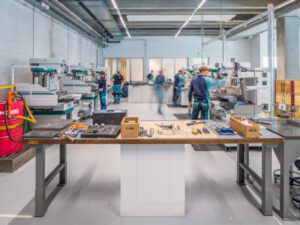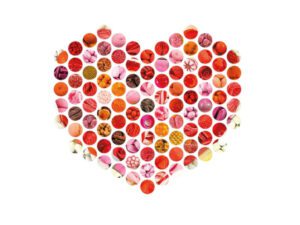Nestlé is taking a ground-breaking step in its commitment to the environment with the launch of its Yes! snack bars in a new recyclable paper wrapper. The company claims this is the first time a confectionery bar has been packaged in paper using a high-speed flow wrap technology.
This launch, Nestlé officials proclaimed, has unlocked the potential for recyclable paper packaging to be widely used in the confectionery industry. Up until now, high-speed production of shelf-stable snacks was only achieved using plastic films and laminates. Now paper can be used at large scale while guaranteeing product quality and freshness over the entire shelf life.
This paper wrapper is a further step in Nestlé’s commitment to make all its packaging recyclable or reusable by 2025. The wrapper is widely recycled in the countries where it will be available. The paper is from sustainable sources, certified by the Forest Stewardship Council and The Program for the Endorsement of Forest Certification.
“Consumers are looking for more natural and sustainable options when they choose a snack, both in terms of ingredients and packaging,” said Nestle head of strategic business units, marketing and sales Patrice Bula. “Our Yes! bars are made with wholesome ingredients that celebrate and care for nature’s diversity. We are now relaunching them carefully wrapped in paper, making the packaging easy to recycle and avoiding plastic waste.”
Yes! snack bars are made with wholesome ingredients such as fruit, vegetables and nuts. Flavours include dark chocolate, sea salt and almond; dark chocolate, banana and pecan; and raspberry and chia seeds. Each Yes! nut bar is vegetarian, high in fibre, and a source of protein. The fruit and vegetable bars are vegan, gluten free, lactose free, high in fibre, have no added sugar and contribute to one of the recommended five a day fruit and vegetables.
With the new paper wrapper and a wider range of flavours, Yes! is now being launched in more countries. It will now be available in Austria, Belgium, the Czech Republic, France, Germany, Ireland, Luxemburg, Malta, the Netherlands, Portugal, Slovakia, Spain, and the United Kingdom. More countries in Europe and beyond will follow soon.









